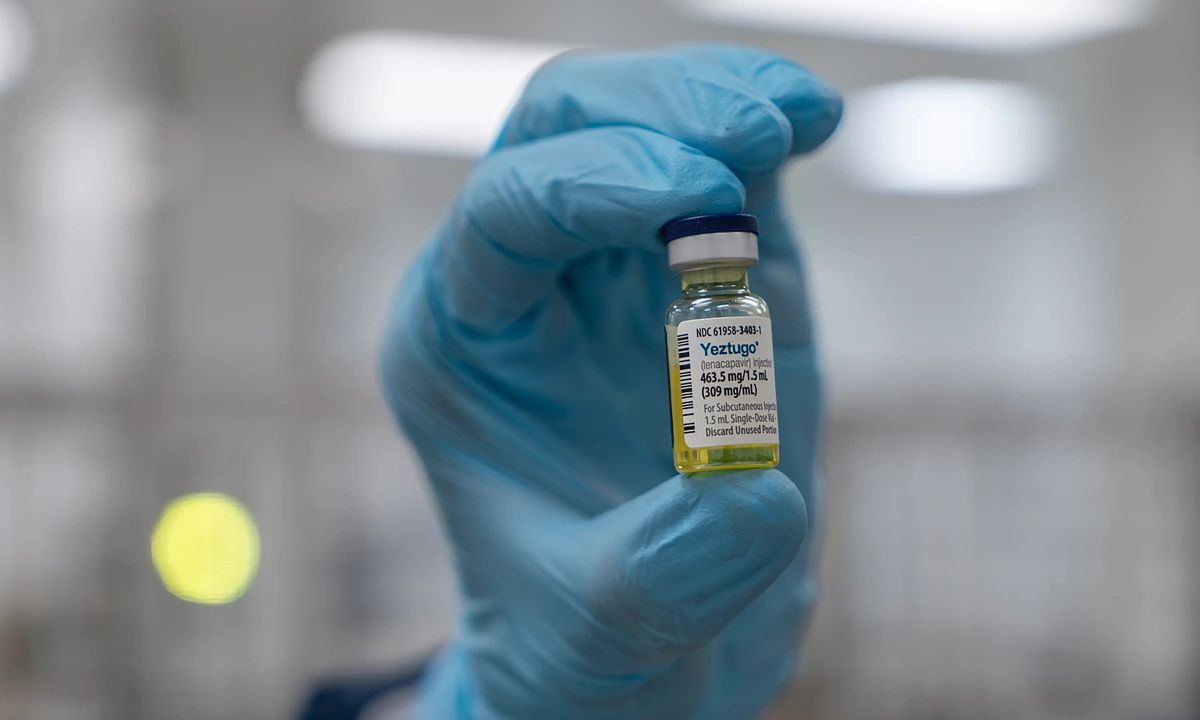In a statement on 26/7, the EMA stated that clinical evaluations confirmed the high efficacy of lenacapavir, manufactured by Gilead Sciences and sold in Europe under the trade name Yeytuo. Upon approval by the European Commission, this license will be valid in 27 EU countries.
Clinical trials have demonstrated lenacapavir's near-100% effectiveness in preventing HIV infection, even surpassing current PrEP (pre-exposure prophylaxis) methods such as daily pills (Truvada, Descovy) or bimonthly injections (cabotegravir).
The extended duration of effectiveness is lenacapavir's greatest advantage. Instead of daily pills or injections every two months, users only need two lenacapavir injections per year, six months apart. This reduces the burden of frequent administration, making it easier for users to adhere to the regimen, which is particularly important for those requiring long-term prevention.
The drug also saves patients time and travel costs. The less frequent and more discreet administration can also help reduce the social stigma that some PrEP users face.
Lenacapavir is indicated for individuals at high risk of HIV infection, such as those who engage in unprotected sex or inject drugs.
Winnie Byanyima, Executive Director of the Joint United Nations Programme on HIV/AIDS (UNAIDS), emphasized that this drug could change the trajectory of the HIV epidemic, provided it reaches those who truly need it.
 |
Lenacapavir at a manufacturing facility in La Verne, California, 6/2025. Photo: Gilead Sciences |
Lenacapavir at a manufacturing facility in La Verne, California, 6/2025. Photo: Gilead Sciences
Along with Europe, the US Food and Drug Administration (FDA) licensed lenacapavir in June. The World Health Organization (WHO) recommends that countries consider providing the drug as an additional prevention option for at-risk groups.
However, many experts are concerned that lenacapavir will not be widely available enough to control HIV globally. Gilead has committed to expanding the production of affordable generic versions in 120 low-income, high HIV-burden countries, primarily in Africa, Southeast Asia, and the Caribbean.
Meanwhile, Latin America, where HIV infection rates are rising, is not on this list. Many experts believe this is a missed opportunity to halt the spread of HIV. Gilead has not yet explained Latin America's exclusion.
According to UNAIDS, in 2023 there were over 40 million people living with HIV globally, and nearly 630,000 deaths from AIDS.
Thuc Linh (NBC News, Independent)












